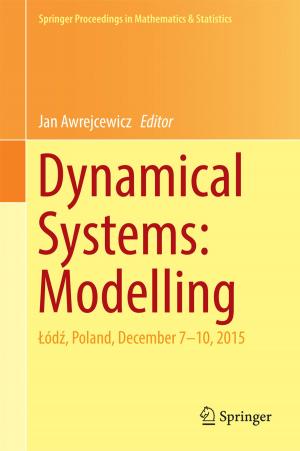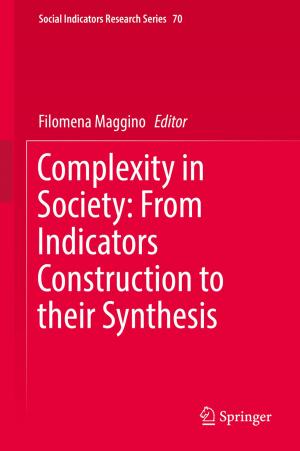Regional Energy Demand and Energy Efficiency in Japan
An Application of Economic Analysis
Nonfiction, Science & Nature, Technology, Power Resources, Business & Finance, Economics| Author: | Akihiro Otsuka | ISBN: | 9783319475660 |
| Publisher: | Springer International Publishing | Publication: | October 4, 2016 |
| Imprint: | Springer | Language: | English |
| Author: | Akihiro Otsuka |
| ISBN: | 9783319475660 |
| Publisher: | Springer International Publishing |
| Publication: | October 4, 2016 |
| Imprint: | Springer |
| Language: | English |
This book describes structural analysis methods for examining energy demand and energy efficiency that are important in formulating regional economic and environmental policies. Beginning with ways of ascertaining regional energy demand, it describes methods for developing energy efficiency indicators and their determinants. Fluctuations in regional energy demand are largely explained by analyzing variations in energy intensity, and there is a strong association between energy efficiency indicators and energy intensity. The energy efficiency indicator proposed is consistent with fluctuations in energy intensity and is highly accurate. According to the empirical analysis using this indicator, energy efficiency is high in regions where population concentration has risen, as typified by "compact cities." As such, the book highlights the need to increase regional energy efficiency, to achieve regional economic growth despite growing environmental constraints, and the importance of forming and developing clusters to this end. The book is a valuable resource for planners, researchers and government employees.
This book describes structural analysis methods for examining energy demand and energy efficiency that are important in formulating regional economic and environmental policies. Beginning with ways of ascertaining regional energy demand, it describes methods for developing energy efficiency indicators and their determinants. Fluctuations in regional energy demand are largely explained by analyzing variations in energy intensity, and there is a strong association between energy efficiency indicators and energy intensity. The energy efficiency indicator proposed is consistent with fluctuations in energy intensity and is highly accurate. According to the empirical analysis using this indicator, energy efficiency is high in regions where population concentration has risen, as typified by "compact cities." As such, the book highlights the need to increase regional energy efficiency, to achieve regional economic growth despite growing environmental constraints, and the importance of forming and developing clusters to this end. The book is a valuable resource for planners, researchers and government employees.















